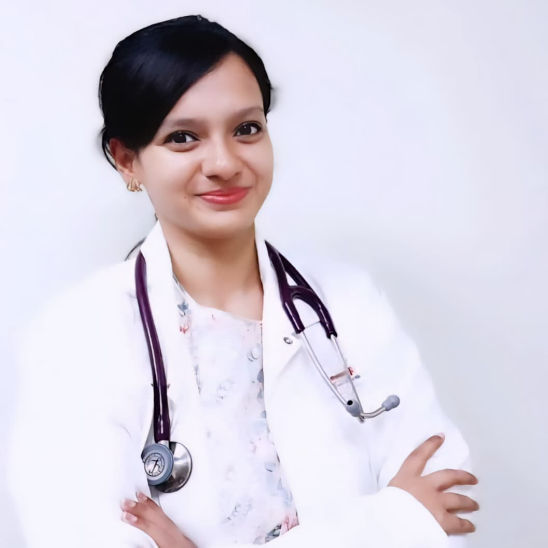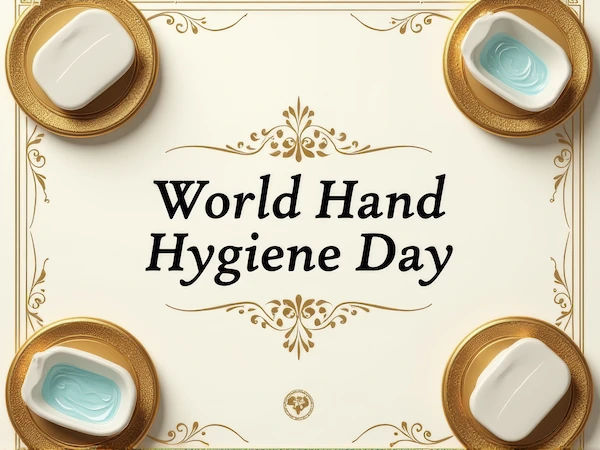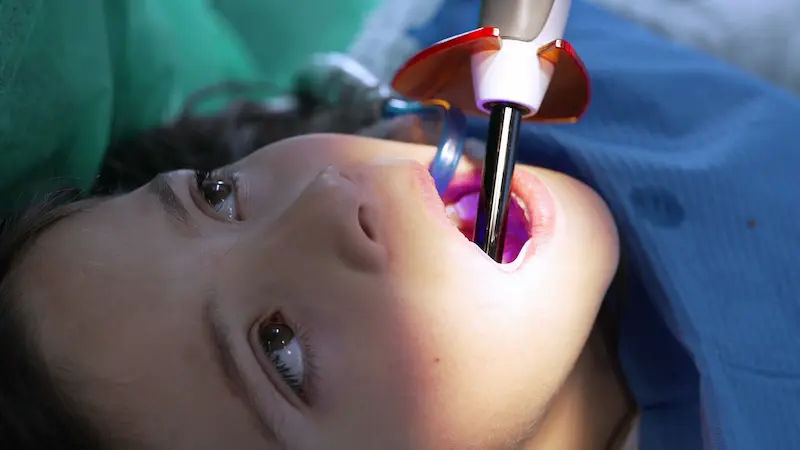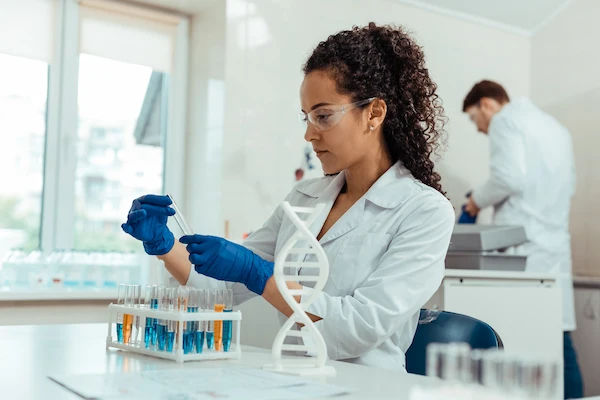Epispadias Overview and Information
Know about Epispadias, a rare congenital condition affecting the urinary tract. Discover its symptoms, causes, diagnosis methods, and treatment options to better understand this urological disorder.


Introduction
Epispadias is a rare congenital (present at birth) condition that affects the urinary tract, particularly the urethra. In this condition, the urethra, the tube that carries urine from the bladder out of the body, does not develop properly. Instead of opening at the tip of the penis (in males) or in the usual position (in females), the urethral opening is located on the upper side.
While epispadias can occur on its own, it is often associated with a more complex condition called bladder exstrophy, where the bladder is exposed outside the body. Early diagnosis and treatment are crucial to prevent complications and ensure proper urinary and reproductive function.
Who Does Epispadias Affect?
Epispadias is rare, occurring in about 1 in 117,000 males and 1 in 484,000 females. It is more common in males than females and is usually detected at birth.
Consult a Paediatric Urologist for the best advice
Symptoms of Epispadias
The symptoms vary depending on the severity of the condition:
In Males:
The urethral opening is on the upper side of the penis rather than the tip.
The penis may appear shorter and curved upward (chordee).
Urinary incontinence (leakage of urine).
Weak or abnormal urine stream.
Increased risk of urinary tract infections (UTIs).
In Females:
The urethral opening is higher than normal, sometimes near the clitoris.
The clitoris may be split.
Urinary incontinence.
Recurrent UTIs.
Causes of Epispadias
The exact cause is unknown, but it occurs due to abnormal development of the urinary tract during early pregnancy. Possible contributing factors include:
Genetic factors – Some cases may run in families.
Environmental factors – Exposure to certain medications or toxins during pregnancy.
How Is Epispadias Diagnosed?
Epispadias is usually diagnosed at birth through a physical examination. Additional tests may include:
Ultrasound – To check the kidneys and bladder.
Voiding cystourethrogram (VCUG) – An X-ray test to see how urine flows.
MRI or CT scans – For detailed images of the urinary tract.
Treatment Options for Epispadias
Treatment depends on the severity of the condition but usually involves surgical correction. The goals of surgery are to:
Reposition the urethral opening to the correct location.
Improve urinary control.
Enhance the appearance and function of the genitals.
Surgical Procedures:
1. Primary Repair (for Mild Cases) – The urethra is reconstructed in a single surgery.
2. Staged Repair (for Severe Cases) – Multiple surgeries may be needed to correct the urethra, bladder, and genital abnormalities.
Post-Surgery Care:
Follow-up visits to monitor healing.
Catheter use for a few weeks to help urine pass.
Pelvic floor exercises to improve bladder control.
Living with Epispadias
With proper treatment, most children with epispadias can lead normal, healthy lives. However, some may need ongoing care, including:
Regular check-ups with a urologist.
Managing incontinence with exercises or medications.
Psychological support to help with self-esteem and emotional well-being.
When to See a Doctor?
If your child has:
Abnormal urinary opening.
Frequent UTIs.
Urinary leakage beyond potty-training age.
Early intervention improves outcomes, so consult a paediatric urologist if you notice any signs.
Final Thoughts
Epispadias is a manageable condition with the right medical care. Advances in surgical techniques have greatly improved outcomes, allowing children to grow up with normal urinary and reproductive functions. If you have concerns, don’t hesitate to reach out to a healthcare provider for guidance.
Consult a Paediatric Urologist for the best advice
Consult a Paediatric Urologist for the best advice

Dr Yaja Jebaying
Paediatric Gastroenterologist
9 Years • MBBS, MD PEDIATRICS, FELLOWSHIP PEDIATRIC GASTROENTEROLOGY AND HEPATOLOGY AND LIVER TRANSPLANTATION
Delhi
Apollo Hospitals Indraprastha, Delhi
(25+ Patients)

Dr. Ch. Sanyasi Naidu
Paediatrician
8 Years • Dch DNB 1. MBBS (Andhra Medical college, Visakhapatnam) 2. Dch (Kasturba medical college, manipal) 3. DNB (National board of examination, New Delhi.
Chinagadila
Apollo Hospitals Health City Unit, Chinagadila

Dr. Rajesh Jha
Paediatrician
10 Years • M.B.B.S., D.N.B.(Pediatrics)
Noida
Apollo Hospitals Sector 26, Noida
(50+ Patients)

Dr. Debangana Chatterjee
Paediatrician
6 Years • MBBS, MD, DNB (Paed.)
Kolkata
MCR SUPER SPECIALITY POLY CLINIC & PATHOLOGY, Kolkata

Dr. Dikpati Mukherjee
Paediatrician
12 Years • MBBS, MD (Paed.)
Kolkata
MCR SUPER SPECIALITY POLY CLINIC & PATHOLOGY, Kolkata




